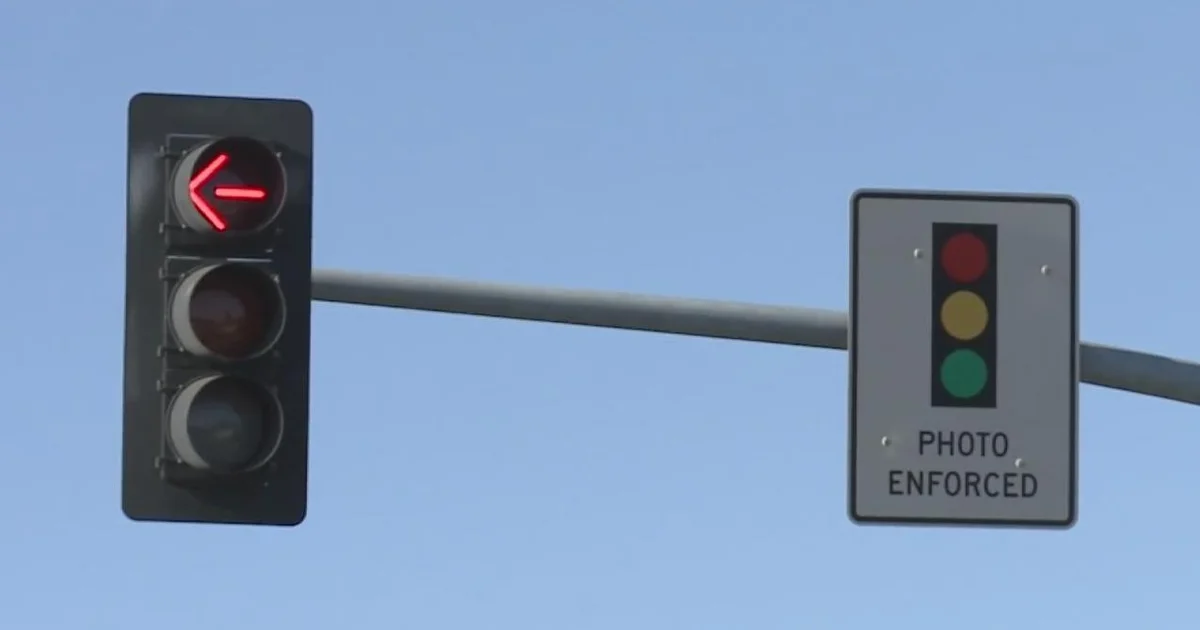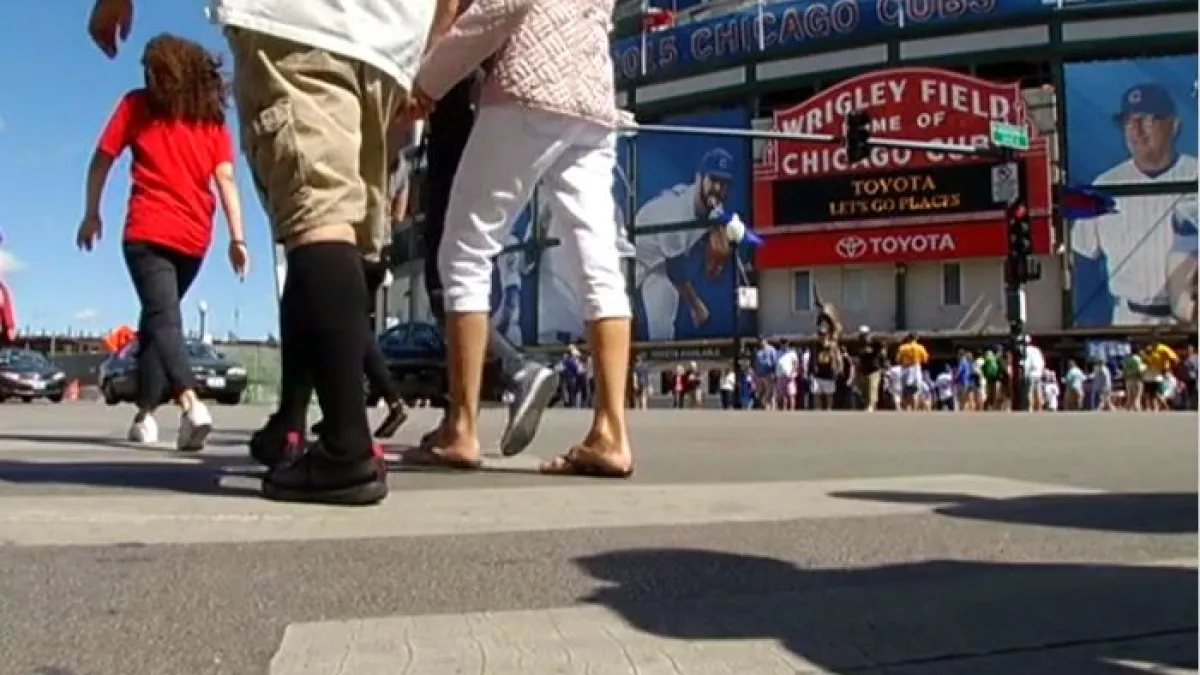California bill eyes red-light camera overhaul with major changes to fines and enforcement

Getting a ticket for running a red light when you’re not even in the car? It could happen as California lawmakers consider a red-light redo.
Cameras used to catch an average of 14,000 red light runners each year in Sacramento County, but today they’re no longer in use.
Now, a bill in the legislature would dramatically change the way tickets are issued.
The City of Sacramento stopped using cameras to ticket red light runners in 2024 due to program costs. Now, state lawmakers are considering an updated version that makes it easier to issue tickets.
“The bill should help improve safety, decriminalize traffic violations, reduce fines, fees and insurance burdens,” said state Senator Angelique Ashby (D-Sacramento), who introduced the bill.
Traffic safety advocates showed support for the plan by displaying 195 empty chairs at the California State Capitol. They say it’s the number of lives lost in 2023 due to red light collisions.
“The stats that we talk about are real people, and what’s worse is these are all preventable tragedies,” said Damian Kevitt, executive director of Streets Are For Everyone.
Sacramento Police Chief Kathy Lester said fatal traffic collisions involving red light violations nationwide have reached a 10-year high. Lester is among the supporters of the bill.
“The current system doesn’t allow cities and counties to hold violators accountable,” she said.
Currently, automated cameras take a photo of the driver behind the wheel, and they receive a ticket only if they can be identified by an officer.
How would the new red light camera enforcement work?
It eliminates the need for facial recognition and would send the ticket to the owner of the vehicle, even if they aren’t the one driving.
The proposal also reduces the current $500 criminal fine to a $100 civil penalty and no longer requires traffic school or a point on your driving record.
“There’s never been a more crucial time to look at new technology and how we implement it,” Lester said.
Ticket revenue could only be spent on local traffic safety projects like crosswalks and bike lanes. Supporters say the enforcement changes could help cut the number of crashes that take so many lives.
“We have an opportunity to actually reverse this trend,” Kevitt said.
The bill has currently passed both houses of the state Legislature and needs to be signed by the governor before taking effect.



